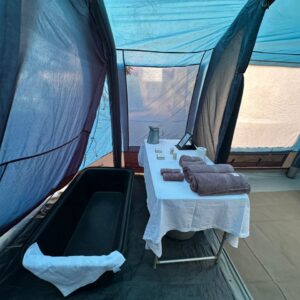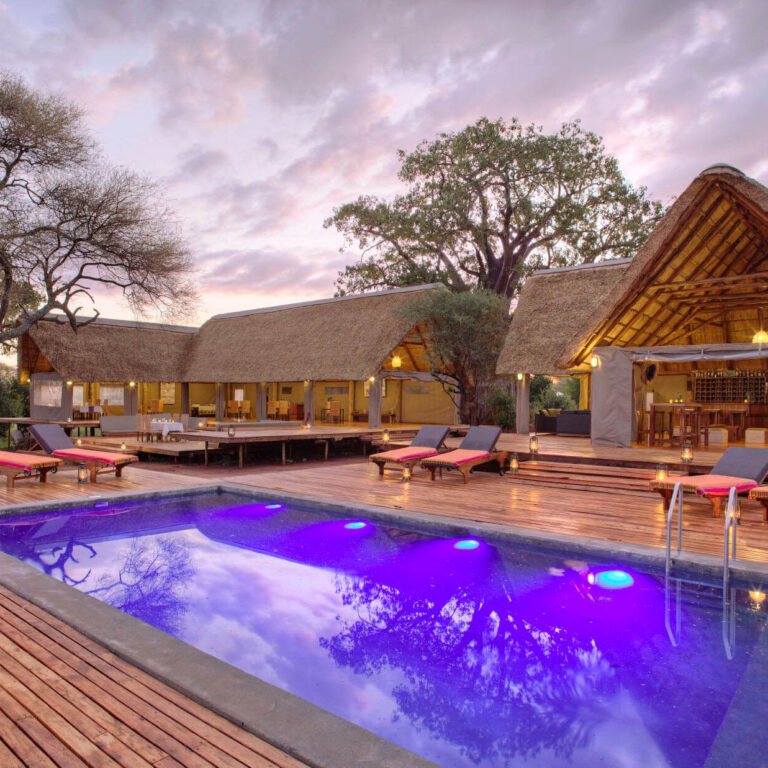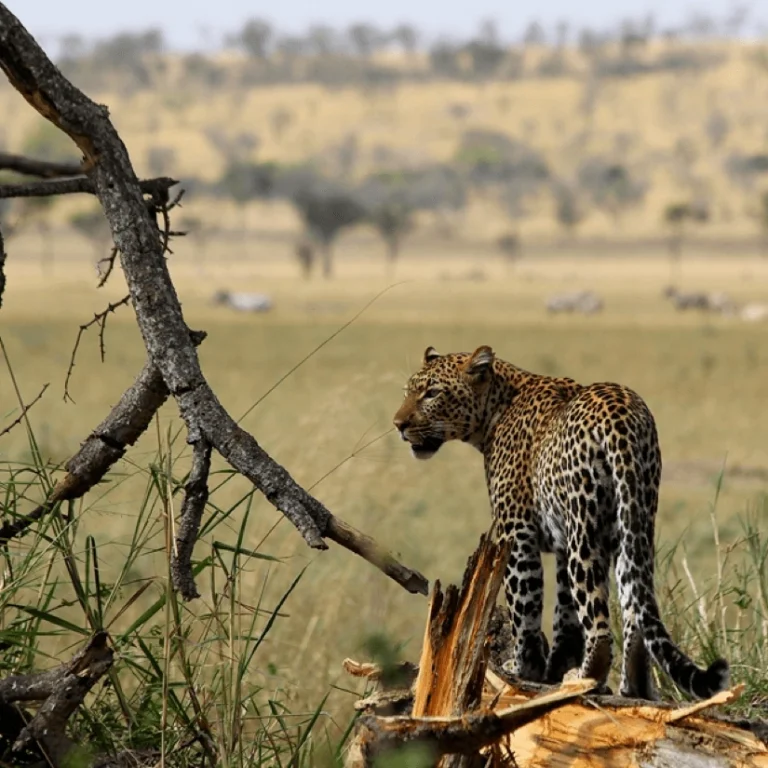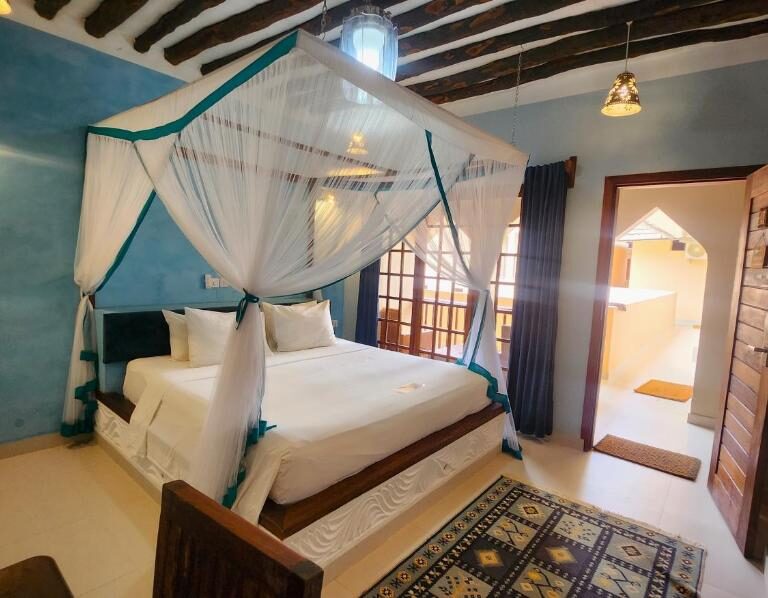Tanzania Safari Frequently Asked Questions (FAQs): Your Ultimate Guide.
Explore the most comprehensive guide to Tanzania safari frequently asked questions Tanzania Safari FAQs. Get insights into planning your perfect safari adventure. Find answers to common queries about Tanzania wildlife, accommodations, safety, and more.
Embarking on a Tanzania safari is a dream come true for nature enthusiasts and wildlife lovers. The diverse landscapes, incredible wildlife, and rich cultural experiences make Tanzania a top safari destination. In this guide, we address the most frequently asked questions about Tanzania Safari FAQs, providing you with essential information to plan a memorable adventure.
Tanzania Safari Faq’s – Get Related Queries Of Travellers
When is the best time to go on the Tanzania safari? Tanzania Safari holidays are good all-year-round. Because of such close proximity to the equator, Tanzania undergoes two distinct dry and wet seasons. But the best-best time depends on the type of Tanzania safari activity you choose. However, the dry season of June to October is considered to be the best time to go on the Tanzania safari.
What makes Tanzania a prime safari destination?
Tanzania’s diverse ecosystems, including the iconic Serengeti National Park, Ngorongoro Crater, and Tarangire National Park, provide a unique opportunity to witness the annual Great Migration, the “Big Five,” and countless other wildlife species. Its commitment to conservation and responsible tourism also contribute to its appeal.
When is the best time to see the great wildebeest migration in Tanzania?
During the period of December to March, the Serengeti Migration congregates in large herds around Lake Ndutu in the Ngorongoro Conservation Area of Tanzania Safari. So, the wildebeest migration in the Serengeti is usually during June and July and January to February is the perfect time to see the wildebeest calving.
What should I take on safari in Tanzania?
When traveling to foreign destinations it is always respectful to dress modestly and we suggest the emphasis is on comfortable clothing.
It is often warm on the plains and at lower altitudes but cold in the hilly and mountainous areas; a rain jacket, fleece and good quality walking shoes/boots are essential.
- Shorts;
- T-shirts;
- Rain jacket;
- Warm sweater;
- Hat;
- Swimsuit & swimsuit cover-up;
- Sunglasses;
- Safari boots;
- Sneakers;
- Fast Aid kit;
- Plasters and anti-bacterial medicines;
- Binoculars for animal sighting
How do I choose the best time for a safari in Tanzania?
The best time for a Tanzania safari depends on your interests. The dry season from June to October is ideal for wildlife viewing, as animals gather around water sources. The calving season from January to February is perfect for witnessing the Great Migration. The wet season from November to May offers lush landscapes and fewer crowds.
What does a Tanzania Safari cost?
Ideally, there is no fixed price range for Tanzania safari. There are several factors such as time, numbers of days, and accommodations types that influence the Tanzania safari cost. However, the average cost of Tanzania Safari per day can come down to $690 (dollars) per head for a lodge safari and around $390 (dollars) per day for camping.
What animals can I expect to see on a Tanzania safari?
Tanzania is home to an incredible array of wildlife. You can spot the “Big Five” – lions, elephants, buffalos, leopards, and rhinos – along with cheetahs, giraffes, zebras, wildebeests, and various bird species. Each national park has its unique inhabitants, making every safari experience distinct.
Is it safe to go on a Tanzania Safari?
Yes, Tanzania is a fairly safe country. Every year millions of tourists visit this beautiful country in the hopes of a thrilling Tanzania travel experience. And, the statistics say that maximum tourists leave the country with their heart bubbling with joy and a secret promise to visit again.
What types of accommodations are available during a safari?
Tanzania offers a range of accommodation options to suit different preferences and budgets. These include luxury lodges, tented camps, and budget-friendly campsites. Staying in a lodge offers comfort and amenities, while tented camps provide a more immersive experience close to nature.
Is a Tanzania safari suitable for families with children?
Absolutely! Many safari lodges and camps offer family-friendly amenities and activities. Experienced guides ensure the safety and enjoyment of children while introducing them to the wonders of the African wilderness. Additionally, seeing wildlife in their natural habitat can be an educational and awe-inspiring experience for young explorers.
What should I pack for a Tanzania safari?
Packing essentials include lightweight and neutral-colored clothing, sturdy walking shoes, a wide-brimmed hat, sunscreen, insect repellent, binoculars, a camera, and any required medications. Remember that comfort and practicality are key, and packing light is advisable.
How do I ensure my safety during a Tanzania safari?
Safety is a top priority for safari operators. Follow your guide’s instructions and adhere to park rules. Stay inside your vehicle during game drives and maintain a safe distance from animals. Lodges and camps have security measures in place, ensuring a secure and comfortable stay.
Are there cultural considerations when visiting Tanzania?
Respecting local cultures is essential. Learning a few basic Swahili phrases can go a long way in building rapport with locals. Always ask for permission before taking photos of people, and be mindful of local customs and traditions. This cultural exchange enriches your safari experience.
How long does it take to do safari in Tanzania?
The average duration of our safaris is somewhere between seven and ten nights. With the pressures of the modern world, two weeks total trip duration seems to be about the norm and, factoring in travel time, this leaves most travelers with 7-10 nights on the ground in Africa.
Where will I stay during the Tanzania safari?
Tanzania offers a great range of lodges and tented camps. However, your Tanzania accommodations depend on the type of packages you have purchased like budget safaris, standard or luxury Tanzania safari.
Do I need a visa to enter Tanzania?
Yes, most visitors require a visa to enter Tanzania. It’s recommended to check the specific visa requirements based on your nationality before your trip.
What currency is used in Tanzania?
The Tanzanian Shilling (TZS) is the official currency. It’s advisable as Tanzania Safari FAQs to carry some local currency for small purchases, but major hotels and lodges accept credit cards.
Can I drink tap water in Tanzania?
It’s safer to drink bottled or filtered water to avoid potential stomach issues. Most lodges and camps provide safe drinking water for guests.
How do I book a Tanzania safari?
Research reputable safari operators and compare packages. Look for reviews and testimonials to ensure a trustworthy and enjoyable experience. Booking in advance is recommended, especially during peak seasons.
Are vaccinations required for a Tanzania safari?
Certain vaccinations, like yellow fever and malaria prophylaxis, are recommended. Consult your healthcare provider before traveling to ensure you’re up-to-date with necessary vaccinations.
What should I do in case of a medical emergency during the safari?
Reputable lodges and camps have emergency procedures in place. Carry a basic first aid kit and any necessary medications. In case of a serious emergency, you’ll be airlifted to a medical facility.
How safe is the water and food in Tanzania?
Water and food safety in Tanzania can be challenging. Tap water is generally not safe for drinking; bottled or boiled water is recommended. Food safety varies, with higher risks in street food. To minimize risks, eat well-cooked meals, peel fruits, and avoid raw or undercooked dishes. Adhering to these precautions can help ensure safer consumption.
Do I Need Cash on Safari in Tanzania?
Yes, carrying some cash on safari in Tanzania is advisable as Tanzania Safari FAQs. While many lodges, hotels, and tour operators accept credit cards, smaller vendors and remote areas might only take cash. Cash is also useful for tipping guides, drivers, and lodge staff, as well as for purchasing souvenirs at local markets.
How Much Money Do I Need in Tanzania?
The amount of money needed in Tanzania varies depending on your travel style. Budget travelers might spend around $50-$100 per day, covering accommodation, meals, and local transport. Mid-range travelers could expect to spend $150-$300 per day, while luxury travelers may spend $500 or more daily, including high-end lodges and guided tours.
How Much Spending Cash Should I Bring on Safari?
For a safari, it’s recommended to bring around $200-$300 in cash for a week-long trip. This amount should cover tips, souvenirs, and incidental expenses. Ensure you have smaller denominations in Tanzanian shillings (TSH) for easier transactions with local vendors.
How Much Money Should I Carry on My Tanzania Safari?
Carry a mix of cash and credit/debit cards for flexibility. About $200-$300 in cash is typically sufficient for a week, with additional funds accessible via ATMs or banks if needed. Credit and debit cards are useful for larger purchases and emergency funds.
How to Find and Plan a Budget Tanzania Safari?
Research and Compare: Look for budget-friendly tour operators and compare prices. Websites like TripAdvisor, SafariBookings, and Lonely Planet can provide reviews and recommendations.
Travel in Groups: Group safaris can reduce costs significantly compared to private tours.
Travel Off-Season: Prices are lower during the off-peak seasons (March to May and November).
Choose Basic Accommodations: Opt for budget lodges, campsites, or self-catering options.
Book in Advance: Secure better deals by booking flights, accommodations, and tours well ahead of time.
Consider Public Transportation: Use public buses or shared vehicles instead of private transfers.
How Much Money Should I Bring on an African Safari?
For an African safari, including Tanzania, plan to bring $200-$500 in cash for a week, depending on your spending habits and activities. This should cover tips, small purchases, and unexpected expenses. Additionally, having access to credit or debit cards for larger expenses is recommended.
What to Pack for a Woman on a Tanzania Safari
Clothing: Lightweight, breathable fabrics in neutral colors. Pack long-sleeved shirts and pants for sun and insect protection, a fleece or jacket for cooler evenings, and a hat.
Footwear: Comfortable walking shoes or hiking boots and sandals for relaxing.
Accessories: Sunglasses, a scarf or bandana, and a swimsuit if your lodge has a pool.
Toiletries: Biodegradable toiletries, sunscreen, insect repellent, and personal medications.
Gear: Binoculars, a camera, a flashlight, and a reusable water bottle.
Documents: Passport, travel insurance, vaccination records, and copies of your itinerary.
How Much Does It Cost to Go to Ngorongoro Crater Safari?
The cost of a Ngorongoro Crater safari varies depending on the tour operator, duration, and type of accommodation. Budget safaris start at around $200-$300 per person per day, including park fees, transportation, and basic accommodations. Mid-range options range from $400-$600 per person per day, while luxury safaris can cost $800 or more per person per day, offering high-end lodges and personalized services.
Conclusion: Tanzania Safari FAQs
Embarking on a Tanzania safari is a journey of discovery and wonder. By addressing these frequently asked questions, we hope to have equipped you with valuable insights to plan your safari adventure with confidence. Whether you’re captivated by the majestic lions or amazed by the Great Migration, Tanzania promises an experience that will stay with you forever.








